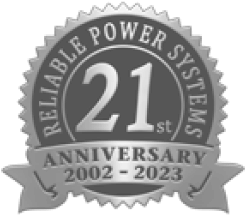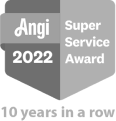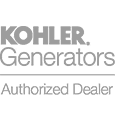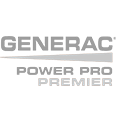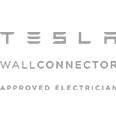 A generator is an investment in energy security. It is a hedge against faltering infrastructure, grid failures, and the hurricanes that often hit Florida. As power outages and brownouts become increasingly common, homeowners throughout Palm Beach and Broward County are purchasing generators to secure their homes and families from the discomfort and inconvenience of power loss.
A generator is an investment in energy security. It is a hedge against faltering infrastructure, grid failures, and the hurricanes that often hit Florida. As power outages and brownouts become increasingly common, homeowners throughout Palm Beach and Broward County are purchasing generators to secure their homes and families from the discomfort and inconvenience of power loss.
Before you rush out to buy the first generator you find, it is important to understand the costs involved and the factors that can affect the size of your investment.
Purchase Cost
Generators come in all sizes, and there are significant differences between the portable generators you hook up for temporary power, which cost a few hundred dollars, and standby generators, which are connected to your home with transfer switches and supported by full diesel storage tanks that can cost $20,000 or more.
As a general rule, the larger the generator, the higher the cost. That said, most homes do not need the largest generator on the market. For most, a generator capable of producing between 3,000 and 7,500 watts is sufficient to power all the lights, security systems, and appliances in the home.
Installation
You will need to install your generator and a transfer switch. Most generators will require a concrete pad to sit on, which means you’ll need to excavate the area and have a professional pour a concrete pad. You will also need to hire professionals to add the electrical wiring and gas hookup.
Don’t forget about permits. These costs can add up quickly, depending on the municipality. Installation costs, including materials, equipment, labor, and permission, can add up quickly and will generally be higher the larger your generator system.
Fuel Costs
Home generator systems can run on gasoline, natural gas, diesel, liquid propane, or solar power. If you choose a gasoline, diesel, or liquid propane generator, you must purchase and install fuel storage tanks. You will also need to ensure the tanks are properly installed, permitted, and maintained. Plus, don’t forget to factor in the fluctuating cost of fuel, which can vary widely from year to year.
If you install a natural gas generator, there is no need for storage tanks. Many HOAs and cities will not allow the storage of diesel or gasoline on residential property. That’s why natural gas generators are the most popular option for homeowners within city limits or HOA-governed neighborhoods. Coupled with a relatively stable fuel cost, most homes use natural gas-powered generators.
The Bottom Line
Portable generators are the least costly to purchase, install, operate, and maintain. Fixed standby generator systems that kick on via automatic transfer switch when the grid fails are more expensive but also more reliable and consistent.
Purchasing a generator is a sizeable investment. However, when you consider the damage a power failure can cause to your home, the lost food in freezers and refrigerators, and the potential for a home intrusion when the security system is off, it is a very small price to pay.
We know purchasing a generator is a considerable investment, and it is our pleasure to help guide you through your options.
Contact Reliable Power Systems at 561.757.4405 to speak with our power generator specialists.
We will help you calculate the best-sized system for your needs and help you determine which make and model is best suited to deliver the protection your family needs.


